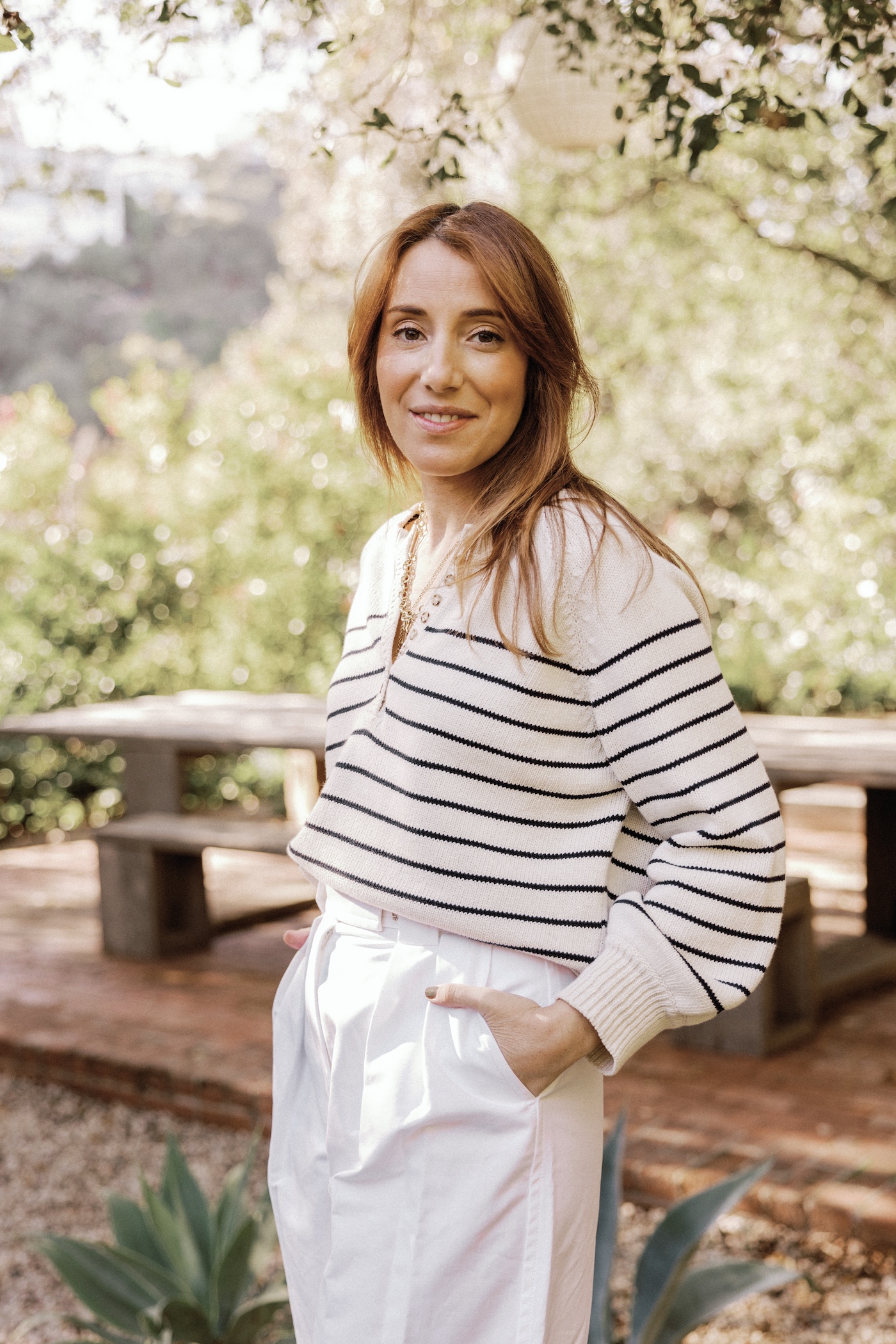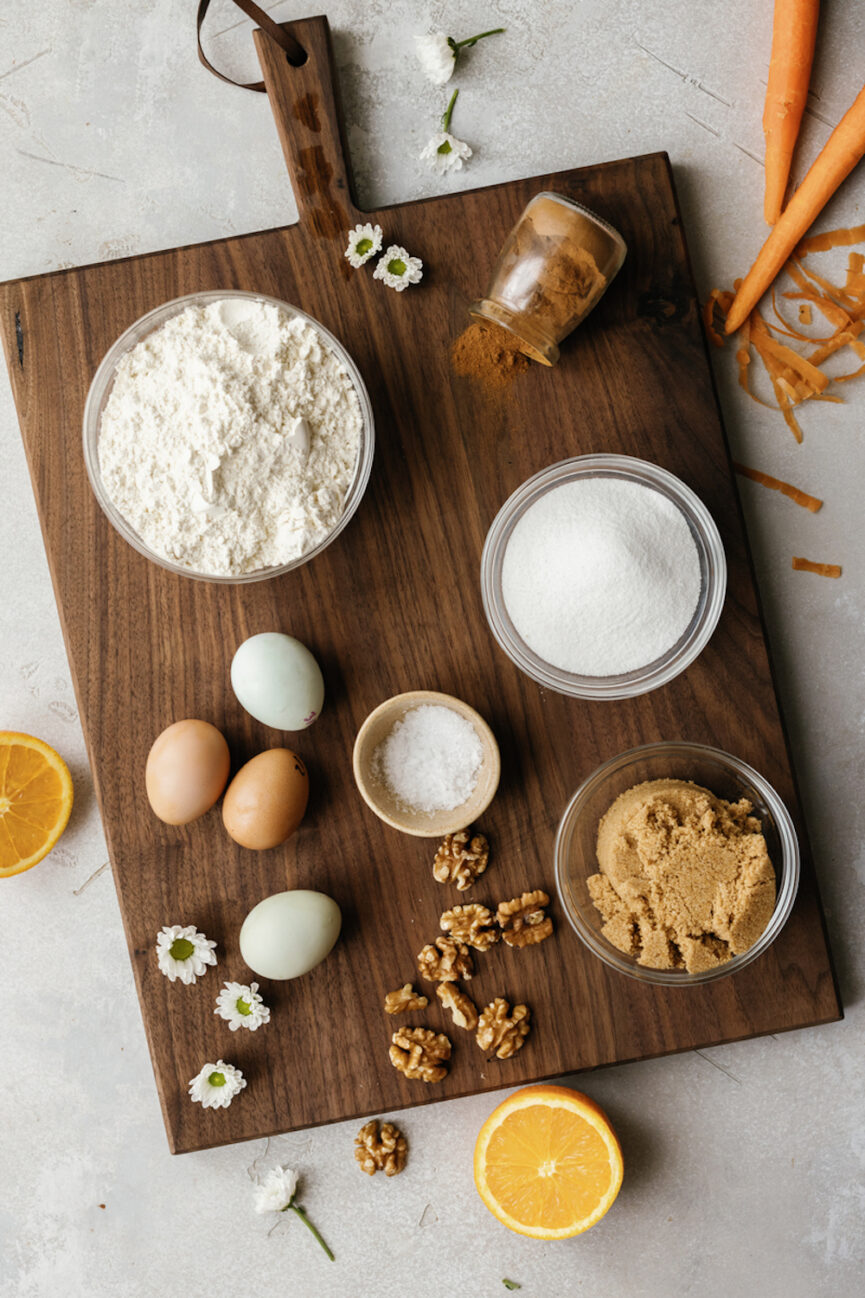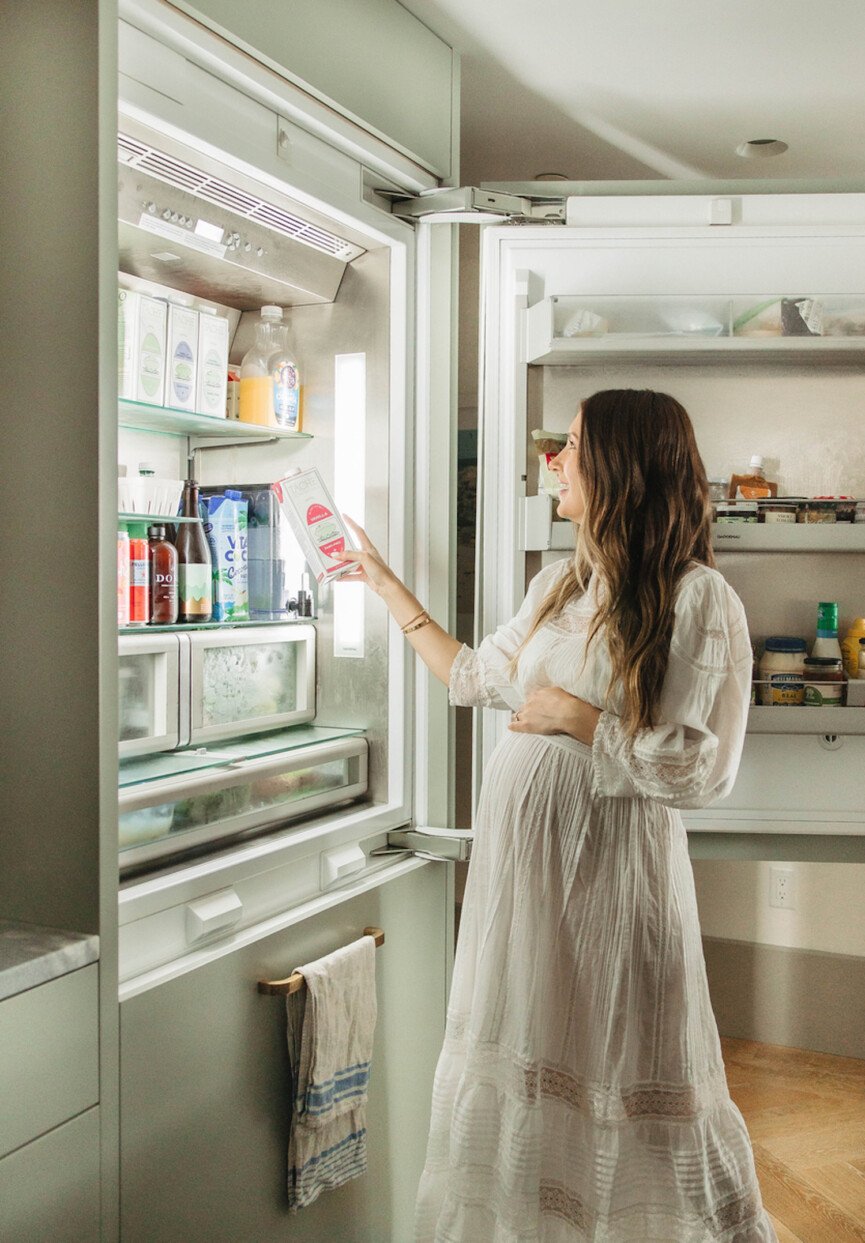Whether you’re celiac, grain-free, or simply an accommodating chef, the biggest struggle when it comes to gluten-free baking is mastering the art of gluten-free flour. It can be tricky to find an option that gives the same light AP-four fluffiness we know and love. (Without breaking the bank, of course.) For those ready to begin their gluten-free journey—or support a loved one in theirs—we’ve found the best gluten-free flours thanks to the expert insights of one of our favorite chefs.
For answers in my search for the best gluten-free flour, I tapped Camilla Marcus, a chef and founder of the regenerative food brand, west~bourne. Ahead, Marcus shares her tips for mastering the art of baking with gluten-free flour, plus the best options available. What makes gluten-free flour different, you may ask? Never fear—we answer all of your burning questions regarding this baking anomaly below. It’s your one-stop shop for stress-free, grain-free kitchen endeavors.

Camilla Marcus
Chef, CEO, and co-founder of west~bourne, Camilla works to solve the climate crisis through crafting packaged products that source regeneratively and are made with the latest sustainable methods, material and technology. These efforts help her team forage a new operating system for the future of food.

What makes a good gluten-free flour?
“For me, it’s always flavor first,” shares Marcus. “I want a flour that has a depth and richness of flavor that has complexity and layers. I also don’t use anything synthetic. I stick to clean labels and wholly natural products. Some amazing gluten-free flour options are high in nutrients as well that I gravitate toward, like lentil or chickpea flour as well as almond flour.”
She also notes that she particularly loves utilizing flours made from cover crops like oats, buckwheat, and sorghum. Not only do these lend a unique flavor to your baked goods, but they also nourish the planet’s soil—and support our nutrition goals as well.
How does gluten-free flour differ from all-purpose flour?
Aside from gluten-free flours not containing wheat, Marcus says that oftentimes they can be harder to work with. You may have to adjust ratios in your recipes depending on the flour you use. Gluten-free flours can have added gums or binders and are not enriched as AP flour.

The Best Gluten-Free Flour for Every Baking Need
“There’s a power in discovering new ingredients, so have fun experimenting,” says Marcus. Gluten-free flours tend to yield the best results when blended and combined; plus, baking sometimes involves getting creative with binders such as tapioca, arrowroot, or flax egg powder.
“I love the challenge and inspiration of trying something new and not being entirely sure how it will work out the first time, allowing for time to explore and find growth in your cooking,” says Marcus.
Best Overall: King Arthur
Marcus notes that King Arthur is one of her go-to brands when it comes to baking and cooking gluten-free. Unlike many AP flour subs, this flour is simple to convert with a 1-to-1 ratio. It also contains added vitamins like iron and vitamin B.
Easiest to Use: Bob’s Red Mill
Gluten-free flours with a 1-to-1 ratio make converting your favorite recipes much easier. The best gluten-free flours contain this element while also keeping their taste and texture simple. Bob’s Red Mill can be found at many major grocery stores, making it easy to pick up a bag in a pinch.
Best Budget: Good & Gather™
If you’re looking for gluten-free flour whose price rivals the affordability of AP flour, the Good and Gather Gluten-Free Flour Blend may be the right pick for you. This blend consists of a variety of different flours that make for a simple, easy-to-use substitute.
Best Splurge: Better Batter
If you’re looking for one of the best gluten-free flour options to integrate into your baking routine, the Better Batter Original Blend is a high-quality pick. Aside from the ingredients, it’s hard to distinguish this flour from those containing gluten by taste alone. This flour can be purchased directly through the company’s website or other online vendors.


























































